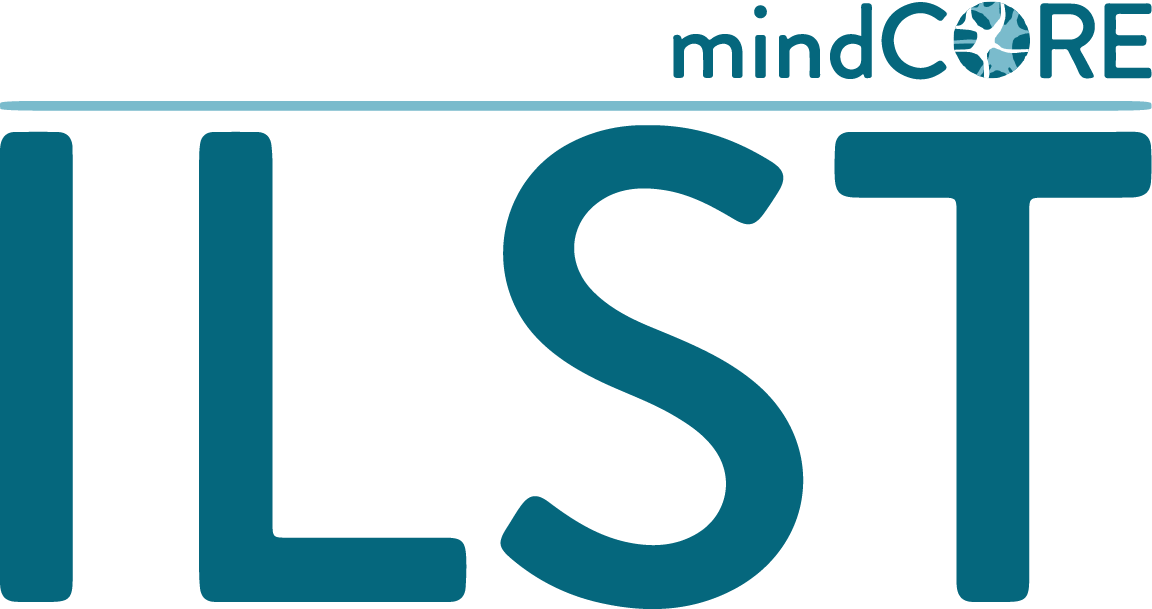
Anna Papafragou
Professor of Linguistics
How do humans represent, process and acquire linguistic meaning?
What is the relation between linguistic meaning and human concepts?
Professor Anna Papafragou is a psycholinguist who studies the nature and growth of
human language (especially linguistic meaning) across different communities and learners.
Some of the fundamental questions that Professor Papafragou is interested in include:
- What is the nature of linguistic meaning? What are the mechanisms that allow
humans to produce and understand meaningful sentences across different
communicative contexts? - How do children learn the meaning of words and sentences in their language?
- How does language relate to other cognitive systems? Do people who speak
different languages think differently? - How does language acquisition interact with cognitive and communicative
development in children?
To explore these questions, Professor Papafragou conducts experiments in the lab, in local
daycares and museums, and around the world, including sites in Greece, Germany, Turkey,
Korea, and indigenous Mayan communities in Mexico. She has published over 75 scientific
articles and book chapters, has given over 95 invited talks on the cognitive science of
language, and has received funding for her work from the National Institutes of Health and
the National Science Foundation. She regularly collaborates with other ILST faculty across
different departments. She currently serves on the Governing Board of the Cognitive
Science Society and the U.S. National Committee for Psychological Science/International
Union of Psychological Science at the National Academy of Sciences.

Anna Papafragou
Professor of Linguistics
Selected Publications
Grigoroglou, M., Johanson, M., & Papafragou, A. (2019). Pragmatics and spatial language: The acquisition of front and back. Developmental Psychology 55, 729-744.
Papafragou, A., Friedberg, C., & Cohen, M. (2018). The role of speaker knowledge in children’s pragmatic inferences. Child Development 89, 1642-1656.
Fairchild, S., & Papafragou, A. (2018). Sins of omission are more likely to be forgiven in non-native speakers. Cognition 181, 80-92.
